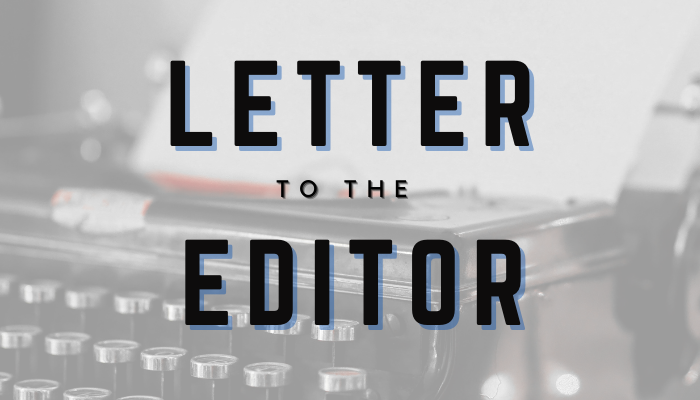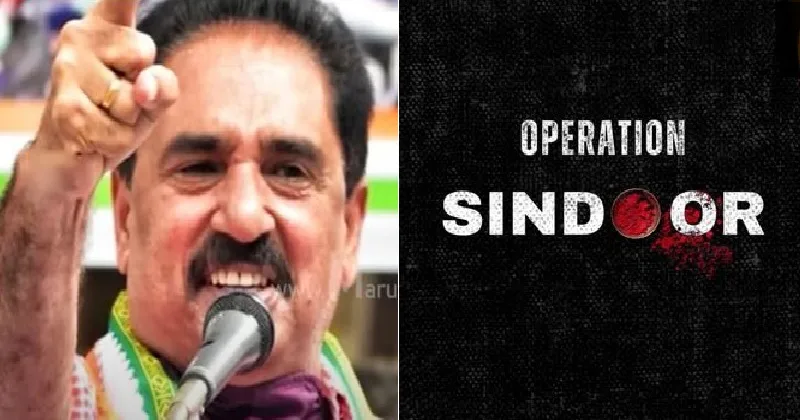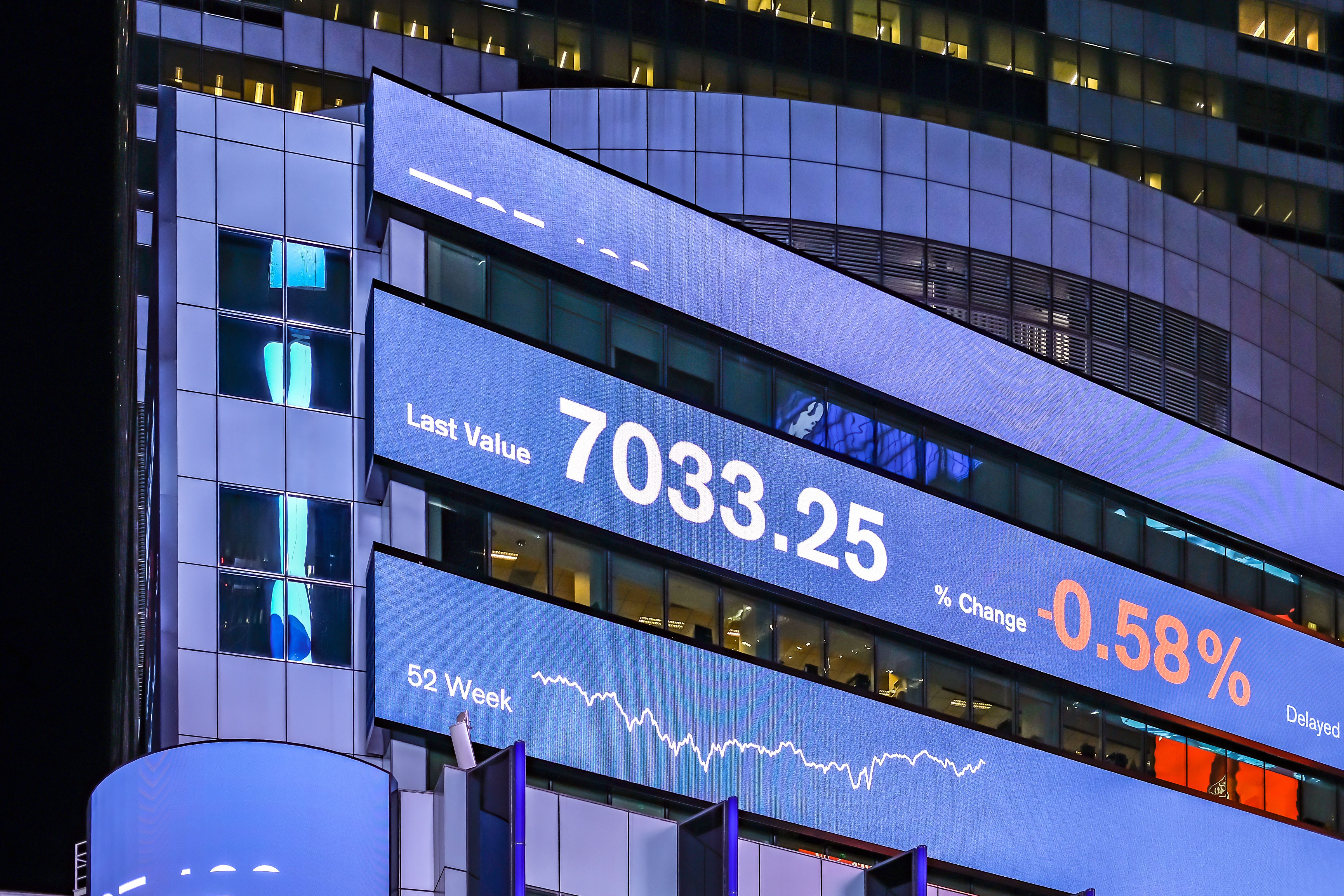Copyright standard

Dear Editor,Former Gambian president Yahya Jammeh’s declaration today, October 26, 2025, that he will return to The Gambia next month demands an immediate and clear response from President Adama Barrow’s administration. This is not political theater; it is a matter of national security that requires decisive presidential leadership. In an address to his supporters, Jammeh announced his intention to return in November, escalating tensions in a nation still recovering from his brutal 22-year rule. This follows his January 2025 audio statement where he vowed from Equatorial Guinea: “Whether anybody likes it or not, by the grace of the Almighty Allah, I am coming back. Let those threatening me with jail wait until I arrive.” He has also announced plans to retake full control of his political party, the APRC, raising serious concerns about potential destabilization and mobilization of his loyalist base. For a nation still healing from authoritarian rule marked by torture, extrajudicial killings, and sexual violence, these threats cannot be dismissed. The Truth, Reconciliation and Reparations Commission recommended prosecution of Jammeh and 68 other former officials for crimes including murder, torture, and rape. Yet Gambians remain in the dark about what happens if their former tormentor returns. This is not merely a political matter; it is a question of national stability and public confidence. President Barrow owes the nation clarity. Will Jammeh face immediate arrest as previously promised by the Justice Minister? What security measures are in place to prevent his destabilizing influence? How will the government protect victims and witnesses who testified against him? While Ecowas heads of state approved a Special Tribunal statute in December 2024 to prosecute Jammeh-era crimes, no active international arrest warrant exists. This legal vacuum makes presidential leadership essential. Gambians deserve to know their government has a concrete plan; not vague assurances. The nation’s democratic gains since 2017 remain fragile, and Jammeh’s loyalists not only still wield political influence good number of them serves in the Barrow government. The president must address the nation directly amd be very clear on all these. Silence breeds anxiety and speculation. A clear statement outlining legal procedures, security protocols, and the government’s commitment to justice would reassure citizens and send an unmistakable message: The Gambia is no longer a place where human rights abusers can operate with impunity. With Jammeh now stating he will return in November, the time for action is now. National security demands nothing less than transparency and resolve from our leadership. The Gambian people are waiting. The government must speak to the nation, set clear expectations, and ensure that The Gambia continues on its path of peace, justice, and accountability.Batch Samba Courage and conviction:The silent crisis of our time Dear Editor,The greatest deficit facing The Gambia and indeed the world is not knowledge, money, or institutions. It is courage. In every sector there are leaders, intellectuals, professionals and citizens who publicly profess the values of justice, love, peace, equality, and the rule of law. Yet injustice continues to reign supreme. Why? Because far too many of us lack the courage of our convictions. Across our societies, fear has become the most potent force of governance. Fear of the powers-that-be. Fear of speaking truth to authority. Fear of losing privilege, employment, titles, friendships, and reputation. And so, countless people choose silence at the very moment their voices are needed most. Ironically, we have never had more tools to build just and free societies: constitutions, laws, independent institutions, civic spaces, technology, and a global community of norms abound. We have enough information to fight corruption, to protect rights, to hold power accountable. We have enough leaders on paper, but too few leaders in practice. Publicly, we recite the principles of our faith, our culture, and our laws yet privately, we submit to convenience and comfort. We claim to champion human rights, but avert our eyes from abuse. We say we believe in equality, but tolerate discrimination. We preach peace, but refuse to confront those who wage war and spread hate. This deficit of courage is why poverty remains stubborn, why deprivation persists, why democratic backsliding grows, and why conflict and genocide continue unabated. Today, many are even afraid to name genocide, let alone demand accountability for its perpetrators and enablers. A people who cannot speak a word cannot defend a life. History teaches that institutions alone do not deliver justice. People do. Laws are meaningful only when citizens are willing to stand by them. Progress has always depended on individuals prepared to risk comfort for conscience. If injustice prevails, it is not because the powerful are too strong but because the courageous are too few. The Gambia, and the rest of the world do not need more laws or more speeches. We need more courage and more people brave enough to live their convictions, not merely recite them. Be Courageous! It’s an act of faith and love.Madi JobartehKembujeh



